Electrolytes: Everything You Need To Know
As human beings, we are dependent upon so many things. We take so much for granted every morning when we wake up, giving very little, or maybe no thought at all to how precious our very existence is.
So many things within and outside us have to work together meticulously, at just the right time in order for us just to be able to live out the day. Electrolytes: everything you need to know!
Related Topic: Why You Should Stock Sauerkraut
Electrolytes: Everything You Need to Know
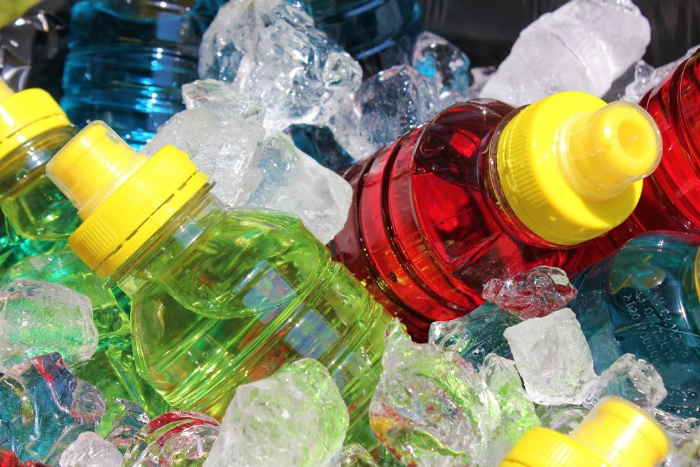
Electrolytes are a perfect example of this. Without them, we’d fall apart. Other than when you are sweating from working out, or losing fluids when you are sick, you probably don’t think about them too often.
You’ve been told that sports drinks like Gatorade are a great way of replenishing those electrolytes that your body has used up, but what else do you know about them?
I’m here to tell you more about electrolytes and everything that you need to know. DripDrop ORS – Patented Electrolyte Powder
What are Electrolytes?
Electrolytes are minerals that are mixed in with the fluids that can be found all throughout our bodies.
They are consumed in the foods and drinks found in our everyday diet and then are broken up into smaller electrically charged particles.
Especially foods like fruits, vegetables, nuts, dairy, and seeds. Electrolytes are what help nutrients move into our cells while moving the water out so that our bodies have the right acid-base balance.
These electrolytes are present in our blood, lymph system, and even in our urine. Electrolytes that can be found in the human body include calcium, sodium, potassium, magnesium, chloride, phosphate and bicarbonate.
What do they do for us?
Electrolytes aren’t necessarily energy themselves, but these tiny particles do work together to trigger certain electrical impulses within our bodies.
Without the proper amount of electrolytes, performing simple tasks while using our muscles can lead to cramps and muscle weakness.
Our very brain can’t function at the proper capacity and may lead to mental confusion without them. Even our heart depends upon electrolytes so that it can beat correctly.
Electrolytes and Their Risks When Dangerously Low
Sodium
When sodium levels are off, you may experience headaches, confusion, personality changes, and lethargy. When severe, it may cause seizures, coma, or even death.
Chloride
Low chloride levels generally take place because of taking diuretic medications, vomiting, or diarrhea.
Calcium
There may not be any symptoms from a lack of calcium, but you may experience muscle cramps and muscle irritability. You may even notice changes to your hair, skin, or nails. Yeast infections and cataracts may also be due to a shortage of calcium as well.
Potassium
Low levels of potassium may not show any symptoms, but sometimes you may experience irregular heart rhythms, muscle weakness, respiratory problems, cramps, spasms, and even paralysis.
Magnesium
You may notice similar symptoms to a magnesium deficiency as you would for a calcium or potassium deficiency. Extremely low levels can be life-threatening.
Phosphate
Lower levels of phosphate can cause muscle weakness, respiratory failure, seizures, heart failure, and coma. This can be caused by a poor diet, alcoholism, diuretic medications, and severe burns.
Symptoms of an Electrolytes Deficiency
There are several possibilities of symptoms that you may be experiencing when you have an electrolyte deficiency. If you are experiencing a number of these after physical activity, this may be a clear indication you are running low on electrolytes.
- Fatigue
- Lethargy
- Fast or Irregular Heart Rate
- Nausea
- Vomiting
- Constipation or Diarrhea
- Seizures or Convulsions
How We Lose Electrolytes
Our bodies do an excellent job of regulating electrolyte levels, especially when we are eating a healthy and well-balanced diet. Our kidneys will then see to it whether certain electrolytes are kept or eliminated, based on our needs. But they can also become too low for a number of reasons.
- Sweating through physical exercise or activity.
- Not drinking or eating enough.
- Losing fluids too quickly through vomiting or diarrhea.
- Taking certain medications, such as laxatives, steroids, or diuretics.
- Chronic respiratory problems, like emphysema.
- Too high a level of blood pH.
How to Replace them
Refueling your body with liquids is the best way to replenish your electrolytes, but don’t just grab any liquid that you can find.
While you might think that water (H2O) is the number one liquid that your body needs, during an electrolyte deficiency you’re actually needing more sodium-containing liquids.
These include sports drinks or electrolyte mixes that you can add to water. Try and get the ones that have higher sodium levels if it happens to be hot outside.
Losing Electrolytes During Exercise
You might be wondering how much of a sports drink you are supposed to drink after participating in a sporting event or some other physical activity? Consider this. Go ahead and weigh yourself before and after that activity.
For every pound that you lose, you’re sweating as much as 15 ounces of sweat. That’s a lot! So for each pound that you lost, you need to be drinking around 20 to 24 ounces over a 2 hour period of time to replace the sodium.
You can also add protein snacks and protein powder for post-workout to add other sodium.
Replenishing Electrolytes When You are Sick
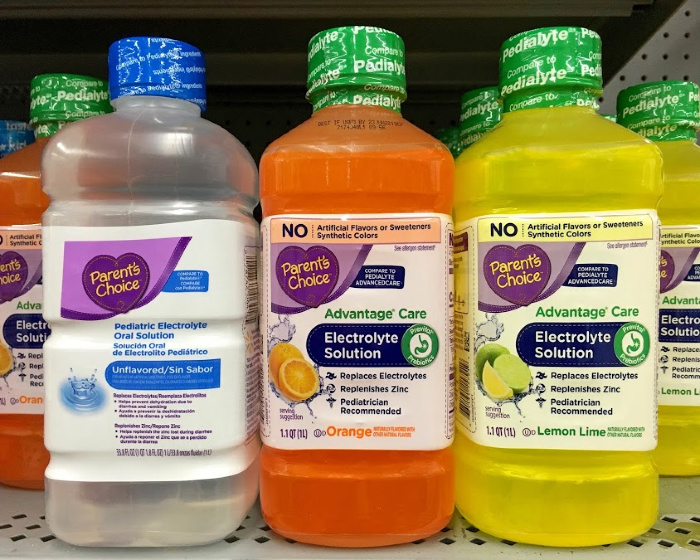
When you have a fever and have been experiencing vomiting or diarrhea, not only are you extremely dehydrated, but your electrolytes can get dangerously low during this time.
This is something that you should take very seriously. When your body’s sodium levels drop severely, it can lead to seizures, coma, or even death.
If you are having trouble keeping liquids down, including water, you can try drinking Pedialyte to help rehydrate yourself. You can find it down the baby aisle at your local grocery store.
Some people resort to drinking Gatorade or Powerade to help replenish electrolytes while they are sick, but this method is considered controversial to others.
Foods High in Electrolytes
Let’s not forget about the important role that whole foods play when it comes to maintaining the proper amount of electrolytes in our bodies. Check out some of these foods that contain higher traces of electrolytes.
- Lemons
- Beans
- Soybeans
- Spinach
- Potatoes
- Avocados
- Bananas
- Oranges
- Strawberries
- Turkey
- Tomato Juice
- Bread
- Canned Tuna
Final Word
Electrolytes are an extremely important element to our body’s overall function, and when their levels get a little out of whack, certain everyday tasks become more challenging.
As always, please check with your medical specialist to help determine your health needs.
Please remember, we wouldn’t be here without electrolytes. What surprised you the most about electrolytes and how they help us everyday? Please stay well. May God bless this world, Linda
How To Know When Someone Is Severely Dehydrated
35 OTC Medications You Should Store
How To Stock Your Home Pharmacy
Copyright Images: Electrolytes AdobeStock_281303240 by Roger, Electrolyte AdobeStock_322646579_Editorial_Use_Only by Sheila F2002, Citrus Juice Depositphotos_16234965_s-2019

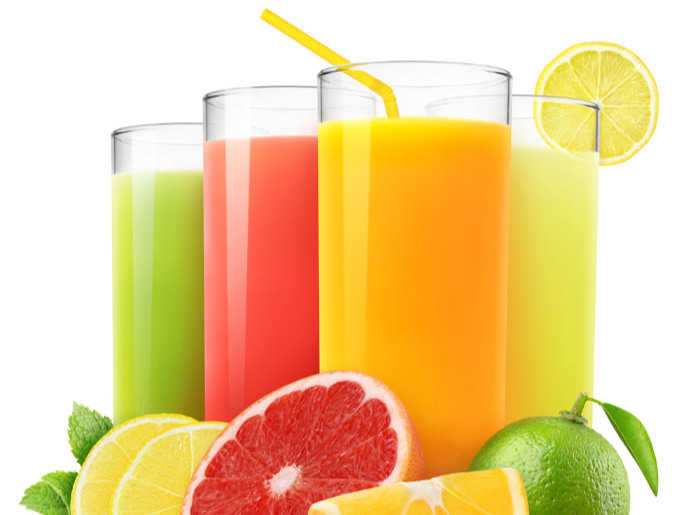

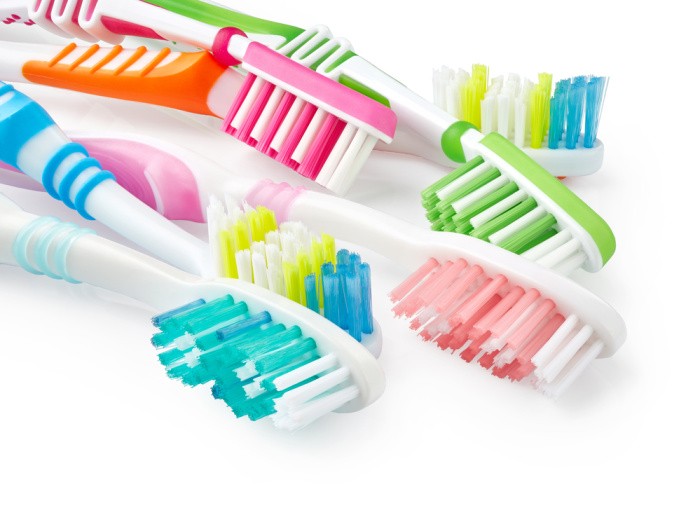
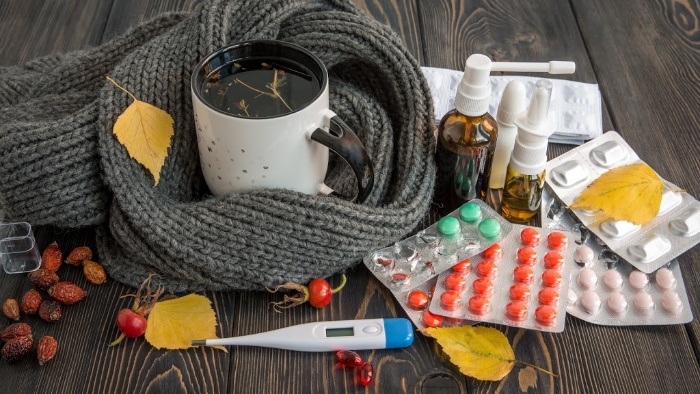


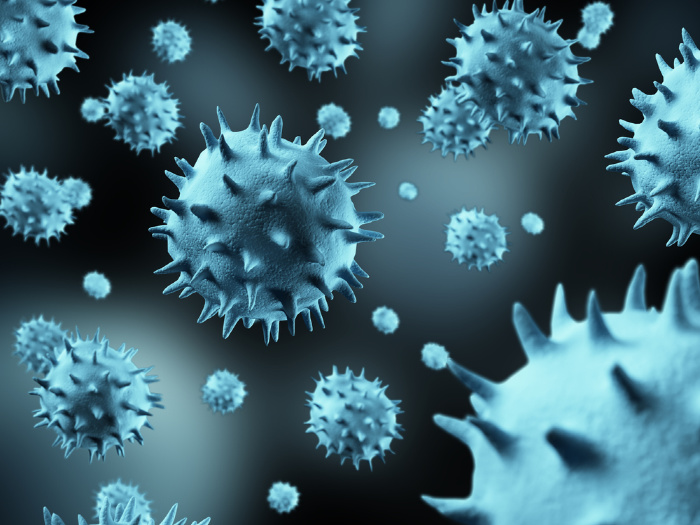
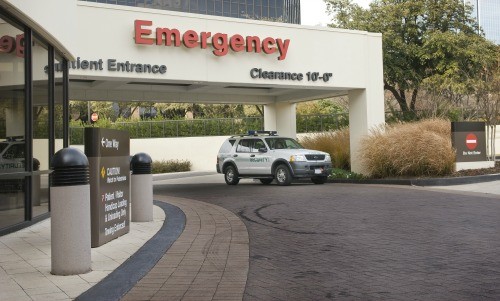













Hi Linda, Here’s my recipe for electrolyte replacement. I use the juice of 2 lemons, 2 limes, 1 large orange and 1 med to lg grapefruit. I pour the juices into a two quart bottle and add water to the mixture to fill up the container. I will sometimes add salt to taste. Most of the time, I just drink it as is. Another good electrolyte replacement is to drink dill pickle juice. That really works too.
HI Pam, I always have dill pickles, I love it! Thanks for the recipe! I’m going to make some juice in a few minutes. I love fresh juice! Linda
Hope you like it. I keep it on hand during the summer for when I go hiking or doing a lot of work outside.
This is very good information to have right now. Early in my isolation (and no I am not sick), I was able to purchase a couple of bottles of Pedialyte just to have on hand.
Thanks, Pam, for your recipe! And, I always have pickles in the fridge so have a nice supply of pickle juice.
Pinterest is full of recipes for electrolyte drinks. One in particular intrigued me (Keto Electrolyte Drink “Electro-rita”) – it uses True Lime (or lemon), sea salt and a product called No Salt (for the potassium). I always have True Lemon and True Lime on hand so that recipe sounded the easiest for me although I don’t have No Salt on hand! AND it sounds good – like a margarita???
Hi Leanne, I love that we can share recipes in here! I’m glad to hear you were able to get some Pedialyte. Crazy times right now. Linda
Did you know that Pedialyte comes in powdered packets? I saw it at my small town pharmacy. I’ll be getting some of that soon. Probably today. I have prescriptions to pick up in a bit. I have Gatorade and Drip Drops on hand all the time. I also have some Hi*Lyte Advanced Electrolyte Salt Caps. I found them on Amazon, I think. I haven’t taken any yet, as I haven’t needed them. I got them got our SHTF preps. Since I have Kidney disease, I need all the help I can get. LOL
Hi Deborah, I better go add that to the post, thank you for the reminder. I’m so glad the weather is better for you today to go out and get your much-needed prescriptions!! Drive safe, Linda
Linda on the DripDrop Ors what do you think the recommended shelf life would be?
Hi Ann, I would look at the package. It would be similar to any over the counter medications. Linda